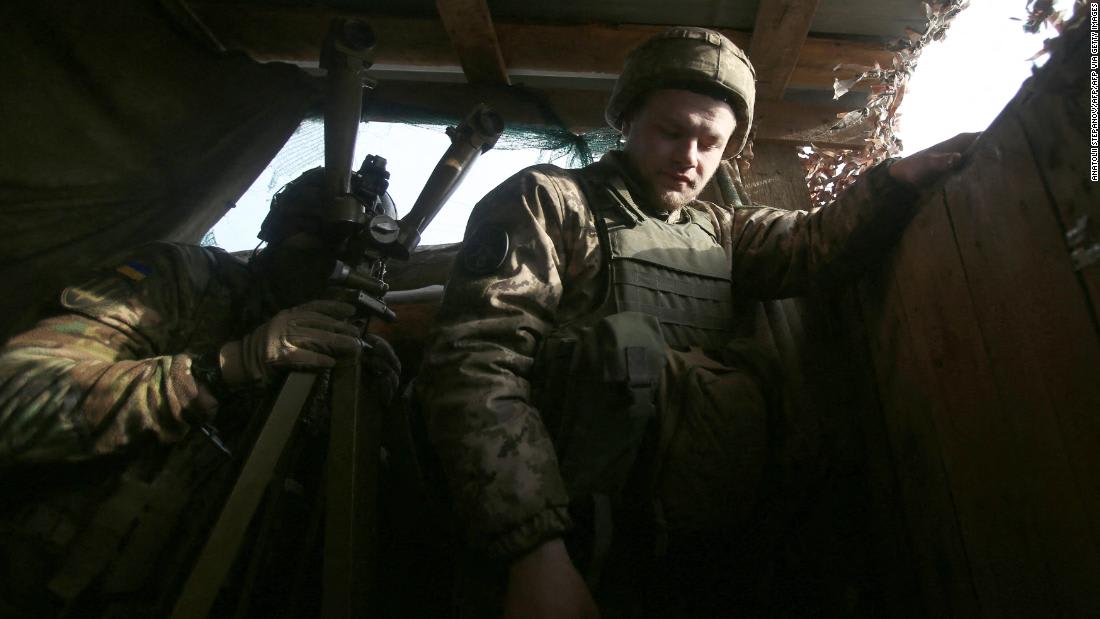After months of military buildup and brinkmanship, US President Joe Biden on Tuesday described Russia’s movements in Ukraine as “the beginning of a Russian invasion.”
Here’s what you need to know:
What did Russia do? On Monday, Russian President Vladimir Putin ordered troops into Donetsk and Luhansk — two separatist-held pro-Moscow regions of eastern Ukraine — in what the Kremlin called a “peacekeeping” mission. The move came just hours after he signed decrees recognizing the independence of the regions.
Multiple US and Western officials cautioned this could serve as the opening salvo of a larger military operation targeting Ukraine. More than 150,000 Russian troops now encircle Ukraine on three sides, according to estimates from US and Ukrainian intelligence officials.
How is Ukraine responding? On Tuesday, Ukrainian President Volodymyr Zelensky said he is still pursuing diplomacy as a way out of the crisis. Reservists would be called up for military training, he said, but there will be no general mobilization of armed forces.
“We desire peace and calm, but if we are quiet today then tomorrow we will disappear,” Zelensky said.
How has the world reacted? Russia’s actions have been strongly condemned by many nations, with Western leaders imposing new sanctions on Tuesday and cutting off a key pipeline with Russia.
Biden announced the United States will sanction Russia’s financial institutions and oligarchs. The European Union also sanctioned 351 Russian lawmakers who voted to recognize the breakaway regions, and the United Kingdom announced sanctions against five Russian banks and three Russian oligarchs.
Also on Tuesday, Germany said it halted certifying an $11 billion 750-mile pipeline that connects Russia directly to Germany. The Nord Stream 2 project was completed in September but has not yet received the final green light from German regulators. Without that, natural gas cannot flow through the Baltic Sea pipeline from Russia to Germany.
On Wednesday, Japan and Australia joined the list of countries to impose sanctions on Russia, Donetsk and Luhansk.
Read more:


Tinggalkan Balasan